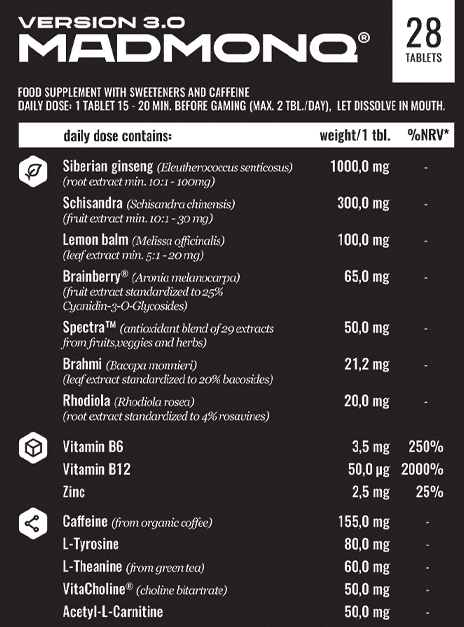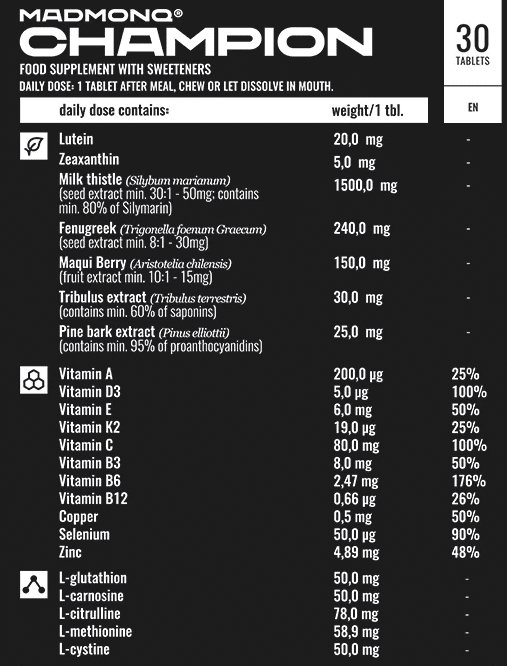Esports, or competitive video gaming, is not a new phenomenon – some of the earliest computer game competitions took place in Stanford in the early 70s, with students battling it out for a prize of a year’s subscription to Rolling Stone by playing Spacewar. Competitive gaming quickly scaled up to arcade game tournaments spanning locations across entire countries, with some competitions even being televised as early as the early 80s. And by the 1990s, large companies like Nintendo were running world championships in video gaming.
However, even though Esports has been a thing for a long time, it has expanded somewhat exponentially in the last few decades. Between 2014 and 2020, market revenue jumped from $194 million to $1,100 million. In 2020, sponsorship was up to the hundreds of millions of US dollars, media rights up to $185 million, and there were nearly 300 million viewers. In 2021, the total market value of the esports industry cleared $1 billion, and top players can earn in the millions of dollars through prize money, streaming, sponsorship and merchandise.
This is big business. And, as with any big business, the most successful players have to go all in to be successful. Training can take up a serious amount of time, with some practising for 16 hours a day, which can obviously be mentally and physically taxing. One 2020 review published in Current Sports Medicine Reports found:
The esports athlete posture in a gaming chair, prolonged screen exposure, and hundreds of repetitive motions during gaming sessions are all contributing factors to development of … hazards [including] headache, dry eyes, visual strain, psychologic and behavior issues, cervical, thoracic and lumbar pain, overuse shoulder, elbow and wrist pathology, carpal tunnel syndrome, cubital tunnel syndrome, excess weight gain, gluteal and ischial pain, hamstring tightness, a rare incidence of deep vein thrombosis, and infectious surface contamination.
The main causes of these health hazards are sitting for long periods of time, often with poor posture, and the strain brought on by repetitive actions – the review notes that “most professional esports players perform an average of 10 moves per second or up to 500 to 600 moves per minute”. 42% of esports players experience neck and back pain, 30% have hand pain, and 36% have wrist pain. 56% of players have eye fatigue. Screen insomnia (difficulty falling asleep when you’ve been looking at a screen too close to bedtime) is a problem for many.
Esports can clearly have health repercussions, but this is not a call for a ban; we all do things every day that are detrimental or hazardous to our health, from drinking alcohol to sitting at our work computers for too long without taking a break, to working from laptops that leave us hunched over, to driving a car in rush hour, and even cooking. Things we consider good for our health also come with health risks – long-distance running, especially on concrete, can leave us with knee pain. Weightlifting can lead to muscle tears and joint damage. And even yoga can cause muscle and tendon strain.
Esports players push their bodies and brains to extremes, so it’s important to consider how to mitigate those risks – whether that’s a gaming rig that takes posture into consideration, or a practice schedule with plenty of rest breaks, stretching and social connection, even when psychologically it’s preferable to “prioritise video gaming”. And it’s important to have access to easy nutrition when in high-intensity training periods to help keep balance when there isn’t time or inclination to cook.
And, wherever there’s a nutritional need, there’s a supplement company willing to fill it. Enter the obnoxiously titled “MADMONQ”.
According to their website::
Gaming is evolving. Joining the elite ranks now demands a lot more than just mindlessly hammering away at a keyboard. It means optimizing your body across multiple fronts. It means optimizing your body, diet, and routines, along with the way you learn and sleep. Your brain is your super-weapon but it is important to realize that it can only go as far as your body allows.
We founded MADMONQ® to cut through all the nonsense and help gamers push their limits in a healthy, efficient and sustainable way. Our love for gaming and expertise in mental performance helped us develop the first health and performance gaming supplement with extraordinary nutritional benefits that is specifically tailored for gamers’ needs. We combined the world’s most scientifically studied superherbs with proven brain compounds into a tasty, healthy, portable tablet that can easily become a part of any gamer’s routine.
MADMONQ is a supplement brand, and they’re aiming to make it big. They have a 2030 Vision:
Health has been a neglected topic in gaming for far too long. MADMONQ is on a mission to support gamers in pushing their limits in-game and AFK. As the industry gets bigger, more people identify as gamers, and the sheer number of hours spent in-game increases, injuries and the overall demand on the body rise too. To level up, we’ll have to do things differently, especially when it comes to health. Our 2030 vision is to make sure every gamer gives health the same amount of attention they give to their hardware setup.
On the face of it, I think that’s a noble goal. There has to be a significant shift towards health when it comes to Esports, because it has significant physical and mental repercussions and should be treated as seriously as any other sport. But it’s probably also true that getting in on this game early is going to be a significant money-maker, as gamers – particularly those top gamers who earn several million dollars per year from Esports – need to invest in their health and wellbeing if they want to continue playing at the topic of their game for as long as possible.
MADMONQ continues:
RIGHT NOW, GAMING WRECKS OUR BODIES. Excessive screen time, suboptimal diet, lack of physical exercise, and lack of awareness around the importance of health are rampant in gaming and esports. The drive to perform means that health often takes a back seat to bad habits like consuming subpar energy products that lead to crashes, taking prescription medication, psychological strain, and lack of sleep. But these crutches aren’t sustainable. It is time to stop the self-sabotage.
So while they’re down on supposed crutches like taking prescription medication, what precisely do MADMONQ think is the solution? They favour the crutch of daily supplements, obviously. They say:
MADMONQ® is the first nootropic developed to naturally boost energy and improve brain performance for top-level gamers. CHAMPION is the first complex health supplement that fills over 30 nutritional deficiencies commonly faced by a player and their body.
They claim their MADMONQ supplement is a “synergistic combination of caffeine, tea extracts, non-essential amino acids, adaptogenic herbs and other nutrients. It provides a boost unrivaled by standard energy drinks”, while their CHAMPION supplement apparently “provides a daily comprehensive reinforcement for a healthy gaming routine.” All of which is terribly vague.
They do, somewhat inexplicably, imply their products will make their users look good, though: ”LOOK LIKE A CHAMPION and make being gorgeous a natural part of your day. Warning, no stick is included for fighting off eager admirers.”


So this is a supplement that claims to boost your vitality, immunity and balance. Their MADMONQ claims to be effective for 3-6 hours, and comes in at around €27 for 28 tablets. The CHAMPION supplement costs around €25 euros for 30 tablets. Plus they have their GREENS powdered supplement range, which costs around €55 euros for 30 servings, promising to be good for your digestive health, because it’s filled with real fruits and vegetables (but in powdered form).
These supplements may seem pretty pricey, but never fear, there is a way you can get 10% or 20% discount on every purchase: you simply join their ELITE SUBSCRIPTION CLUB. For the low, low price of €24.30 per month, you can get a monthly subscription, which includes a 10% discount on product, and up to 50% off any merchandise you buy, should you want to dress like your favourite nutritional supplement. Plus you’ll get the chance to… buy future merchandise. And your subscription also comes with the perk of… being able to pause it, twice per year.
This is all clearly just expensive woo. We don’t need to once again cover old ground on why supplements are pointless – it has long since been demonstrated that unless you have a diagnosed deficiency, supplements mostly pass through your system and are excreted in your urine.
However, I do think there’s something interesting here, in the wellness industry’s ability and relentless willingness to move into fields where there is actually some kind of genuine need to fill, and where people are overlooked and stigmatised.
Because, while video game culture can be toxic, hyper-masculinised and misogynistic, to a degree that culture stems from a sense that there’s a stigma to overcome. For a long time, video gamers were considered nerds by society, nerds who don’t have a life and who need to get out more, rather than sitting at home playing childish games.
As Esports becomes more respected and serious, the wellness industry has sensed an opportunity to play on players’ insecurities, and their drive to be the best at what they do for as long as they can, while recognising that both physical and mental stresses can hamper that ambition. Of course we’re going to see the wellness industry pivoting into this area.
We are, apparently, in the age of the supplement, and nowhere is safe – not even the video games industry.



